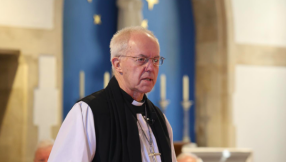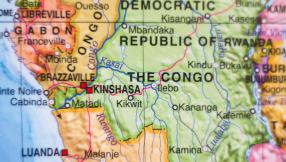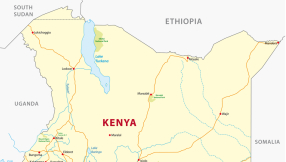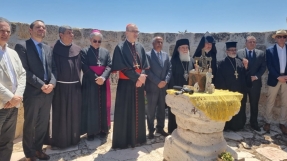Cuba's Castro warns world economy may slow reform
In a speech to the first National Assembly meeting since it elected him to succeed ailing brother Fidel Castro in February, Castro said he wanted to move faster to improve the daily lives of Cubans but that rising prices and a slowing economy forced him to be realistic.
Castro, 77, has raised hopes for change by taking steps to modernize Cuba's state-run economy that included removing salary caps and increasing economic incentives for workers to be more productive.
Earning more money is viewed as an urgent need by most Cubans, who receive several social benefits, but on average earn less than $20 (10 pounds) a day.
Castro said "the salary problem" was being studied and would be addressed "gradually and according to priorities" but that quick action may not be possible.
"It will depend on the economic situation of the country, inevitably linked to crisis in the world today, which could worsen," he said. "It wouldn't be ethical to create false expectations.
"We would like to go more rapidly, but it's necessary to act realistically," he said.
Castro's reforms have included decentralization of agriculture to increase food production, allowing Cubans to buy cell phones and computers and opening up tourist facilities previously off-limits to Cubans.
He sat next to an empty chair reserved for Fidel Castro, who has not appeared in public since he provisionally ceded power to his brother after intestinal surgery for an undisclosed illness in July 2006.
Fidel Castro, 81, took power in a 1959 revolution and remains a deputy in the National Assembly, which keeps his chair open, awaiting his return.
BELT-TIGHTENING
Raul Castro's speech was preceded this week by National Assembly meetings in which government officials warned that belt-tightening would be needed due to rising prices for fuel and imports.
They also said the government would decentralize a sagging construction sector to make it more efficient and consider raising the retirement age to help Cuba cope with an aging population.
The proposal would gradually raise the retirement age to 65 from 60 for men and to 60 from 55 for women, but is not expected to be approved until the assembly meets again in December.
Castro, who wore a traditional white guayabera shirt to address the assembly, said the change was needed to maintain the work force as Cuba ages.
Forecasts "indicate that in 2025, there will be 770,000 fewer citizens of working age than there are now," he said.
He also reiterated the need for agriculture reform, which would include letting private farmers work more land.
The amount of land under cultivation in Cuba had dropped 33 percent between 1998 and 2007, Castro said.
Castro has taken a more conciliatory tone toward the United States than his brother, even offering in speeches to talk with the country that has maintained a trade embargo against Cuba since 1962.
But on Friday, he accused the United States of subverting the changes he had pushed and adding to Cuba's woes.
"The enemy," he said, "is doing everything possible to increase the difficulties, with the absurd hope of bringing us to our knees."













